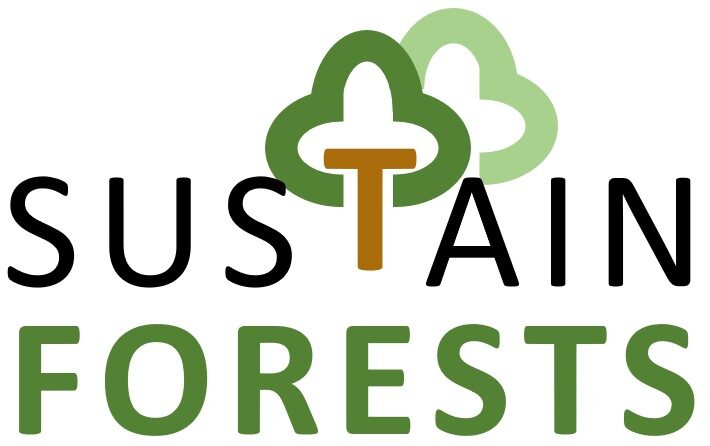PhD project: Governance arrangements for sustainable forest use and management in West African agricultural landscapes
Frank Mintah
Globally, attempts to ensure sustainable management of forests have increased research and policy attention on human-environment interactions. While global forestry research seems to focus on the degradation of forests, questions surrounding why some forests have resisted degradation and persisted over time appear not to have gained research attention. Yet, how decisions are made on the use of forest resources, by whom, and under what conditions, affects who obtains the benefits and who bears the burdens of forest use and management. Examining these questions is essential not only for sustaining forest patches but also for securing local livelihoods, such as in the agricultural landscapes of West Africa.
Against this background, this study investigates what forest governance arrangements can work to ensure the sustainable management of these remnant forests. The specific objectives of the research are: first, to analyse the governance of forest uses in the tropics and how it impacts the persistence and regeneration of forests; second, to investigate and understand forest patches’ persistence and re-emergence in West Africa through norms of environmental justice; third, to explore alternative governance pathways and strategies for sustainable forest management through participatory modelling approaches; and fourth, to assess the forest policy regime and institutional processes of governance in West Africa and their implications for international forest governance. Within the broad conceptualization of complex adaptive systems and systems thinking, this research adopts a polycentric governance and environmental justice lens to analyse the multi-scale social-ecological interactions and feedback involved in forest governance in the countries: Togo, Benin, Nigeria, and Cameroon. A mix of qualitative, quantitative, and participatory modelling techniques (agent-based and systems dynamic modelling) will be employed in this research. Ultimately, the results are expected to inform both forestry and land use policy and practices, in sub-Saharan Africa.

